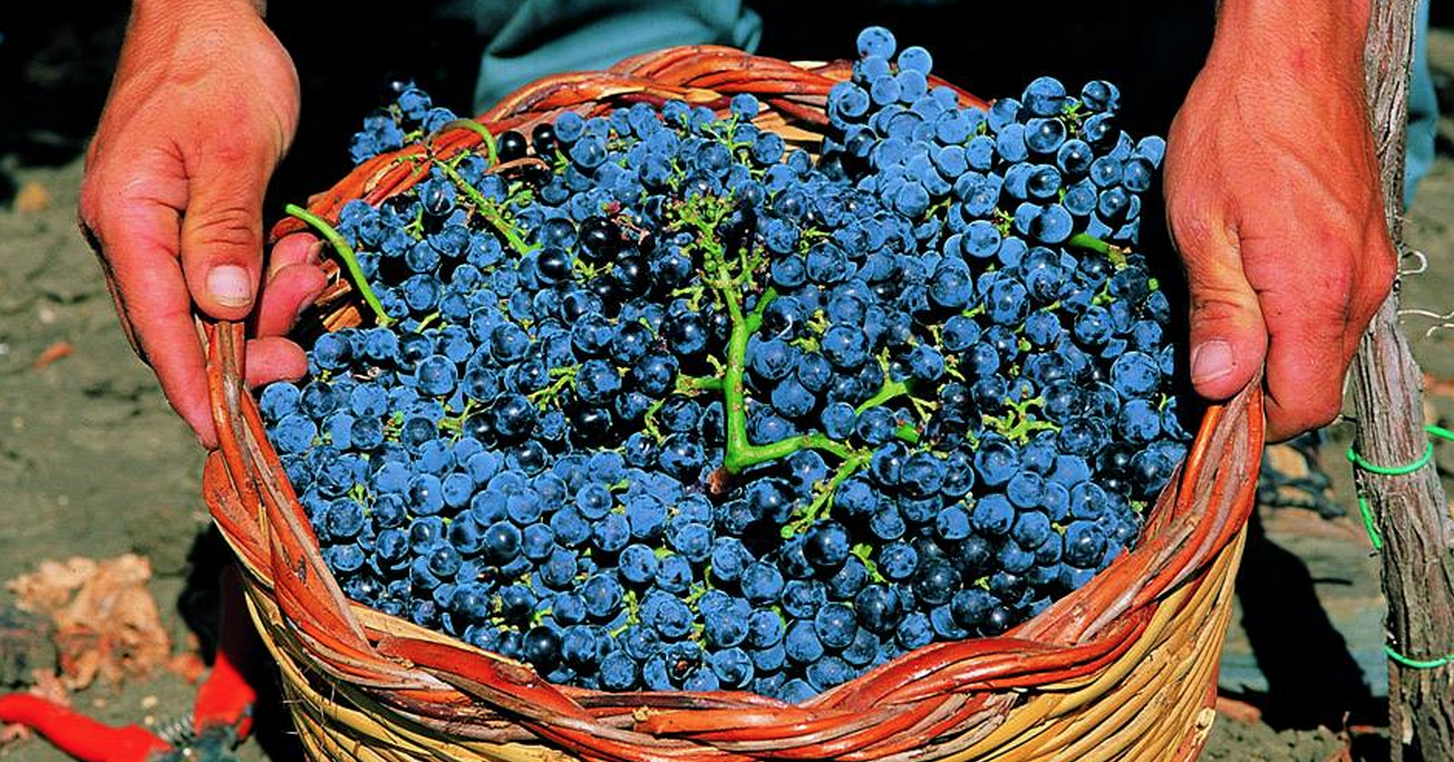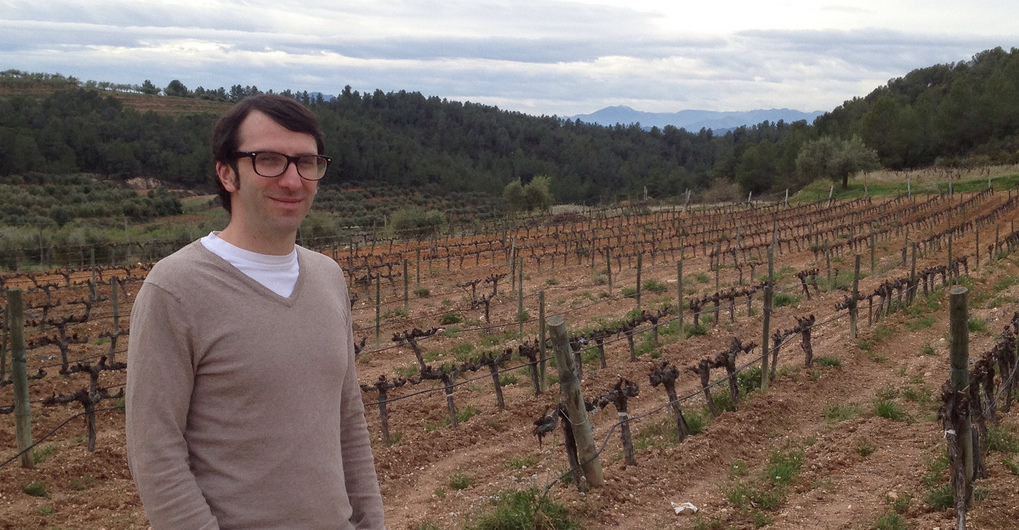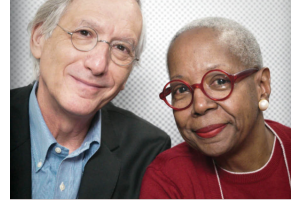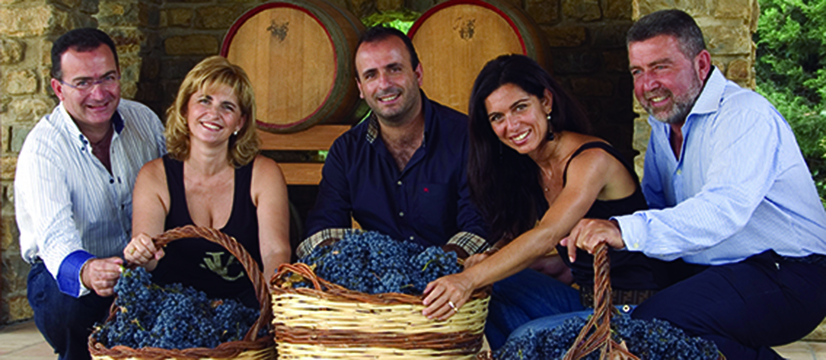
The Fazio family has been making wine in Sicily for four generations. Their winery is located in the town of Erice in the northwestern area of the province of Trapani in Sicily.
Jameson Fink interviews Lilly Ferro Fazio on the outside patio of the Therasia Resort in Sicily's Vulcano Island during Sicilia en Primeur. Ms. Fazio discusses the uniqueness of the terroir and the changes in Sicilian winemaking. Listen to Jameson's conversation with Lilly Ferro Fazio on SoundCloud here.
Jameson Fink: Lilly, can you tell me about your family's involvement in the winery like when was it founded? How it started, how it began.
Lilly Ferro Fazio: My company is a family company and it was founded around 60 years ago by my parents-in-law. At the beginning, they focused their energy and attention on the cultivation of vineyards. They produced wine but just bulk wine, not bottled wine.
In the '80s, my husband and my brother-in-law, with the help of our winemaker Giacomo Ansaldi, decided to improve the wine business: focusing more attention on the quality instead of the quantity. To do this, they worked to improve the cellar, to improve the technology, but they focused the overall attention on the vineyards, trying to obtain high quality grapes.
Actually, our philosophy of production is that to obtain high-quality wines it is absolutely important to cultivate high quality grapes. That is the reason why, for us, every vineyard, every grape varietal is one experience. For example if we decide to cultivate Inzolia, we will select the area where the Inzolia can give best results.
As a family, we have 100 hectares of farmland on the slopes of the mountain. Our company is situated in the Erice area. Erice is very popular for its culture, for scientific research, but it is also very popular for its history because Erice is a medieval town where you can find--even today--the feeling and the imprint of the past.
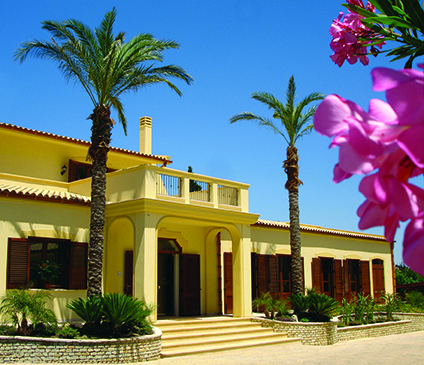
Right: Fazio winery in D.O.C. Erice, Sicily
All of the vineyards are cultivated on the hill. In fact, we start from 300 meters above sea level until 700 meters. This kind of altitude gives to the wines a particular characteristic. It gives floral [notes], it gives good aromas, good character. And also because of the the influence of the sea we can find in the white wine minerality, the mineral salt, and good concentration.
It is very important to check the step by step each moment regarding the different phase of maturation of the grapes. That is the reason why beginning in June we start to work very, very hard on the vineyards. We do a green harvest. We don't do irrigation because for us there is just enough water obtained from rain. The [health of the] roots is thanks to the characteristic of our soil, called kairos: very rich old stones. The roots are always very, very moist. We need to check for the right moment for maturation of the grapes, according to the weather. And usually in Sicily the weather is very sunny, so the maturation is very fast. We check [the vineyards] with a lot of attention.
We are very popular for cultivating Muller-Thurgau. Around 20 years ago, we started experimental vineyards to cultivate some international grape varietals. Not only the ones more popular like Chardonnay, Cabernet Sauvignon, but we try to introduce something new. In this research we tried Muller-Thurgau, we have also tried other grape varietals like Viognier, like Petit Verdot. Muller-Thurgau immediately gave us the impression--in our territory--that it really found a good place to grow in the best way. But Muller-Thurgau is a quite difficult grape varietal because it is very vigorous, so we need to remove excess bunches. We need to pick the grapes very, very, very early. In fact, usually we start the harvest of Muller-Thurgau at the end of July or the first week of August.
The same attention we put in the other grape varieties so the philosophy of our company, the philosophy of our territory, is given of course by the climate combined with the soil. The soil is a volcanic soil…very dark, but it is also very rich. It takes all the influence from the sea. You can also find a lot of minerality.
The winemaker needs to help to achieve good quality but above all to respect the fruit, the grapes. That is the reason why we don't use too much [oak]. We use to barrels to refine, very softly….in order not to give too strong barrel character. We prefer to combine, to blend first passage [use] with the third passage in order to give some more balance.
Above all, ours is a family company. We put a lot of love, a lot of patience in our business, in our work. I used to travel a lot in order to promote Sicily, to promote the product, to promote also the brand of my family. I think that actually is very important because of that personal relationship that can start with a client. The fidelity that can be built day by day I think is the most important thing for a long-term partnership.
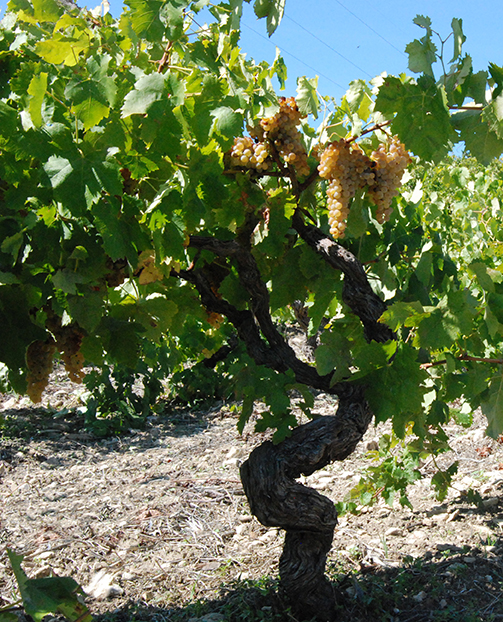
One of the things I think is interesting is you have producers working with traditional grapes and like you are doing with Muller-Thurgau, with Viognier. You are trying new things. How do you balance the tradition of Sicily with trying new things and grapes that aren't originally from here? Is that important, difficult, controversial?
The first step is not the grape varietal. For us, the center is Sicily. Every grape varietal, when it arrives in Sicily, according to our opinion, can give its best….You can find in Muller-Thurgau the imprint of Sicily. For example, the sun. For example, the concentration. The clean taste. I think all our wines of course are different from each other because every grape varietal has different characteristics, but all of them are like a unique line. It is the respect of the fruit and the imprint of Sicily.
Something people want to know about is sustainability and working organically. Can you talk about what you are doing in the winery with the vineyard toward those goals?
We don't produce officially organic wines, but we cultivate all our vineyards without chemical additives, without anything that doesn't respect the plants, that doesn’t respect the environment, or the health of the people. For energy we use photo-type, photo-type the one that use the sun...
Solar panels?
Solar panels. We use the most important of the resource that we have on our island.
Then, finally, I had more time to spend in the area surrounding the winery where should I visit to get to know the area better?
Just in front of Trapani we have amazing islands, the Egadi islands...really a fantastic place to spend time and also where to get to better know the philosophy of Sicilian people.
